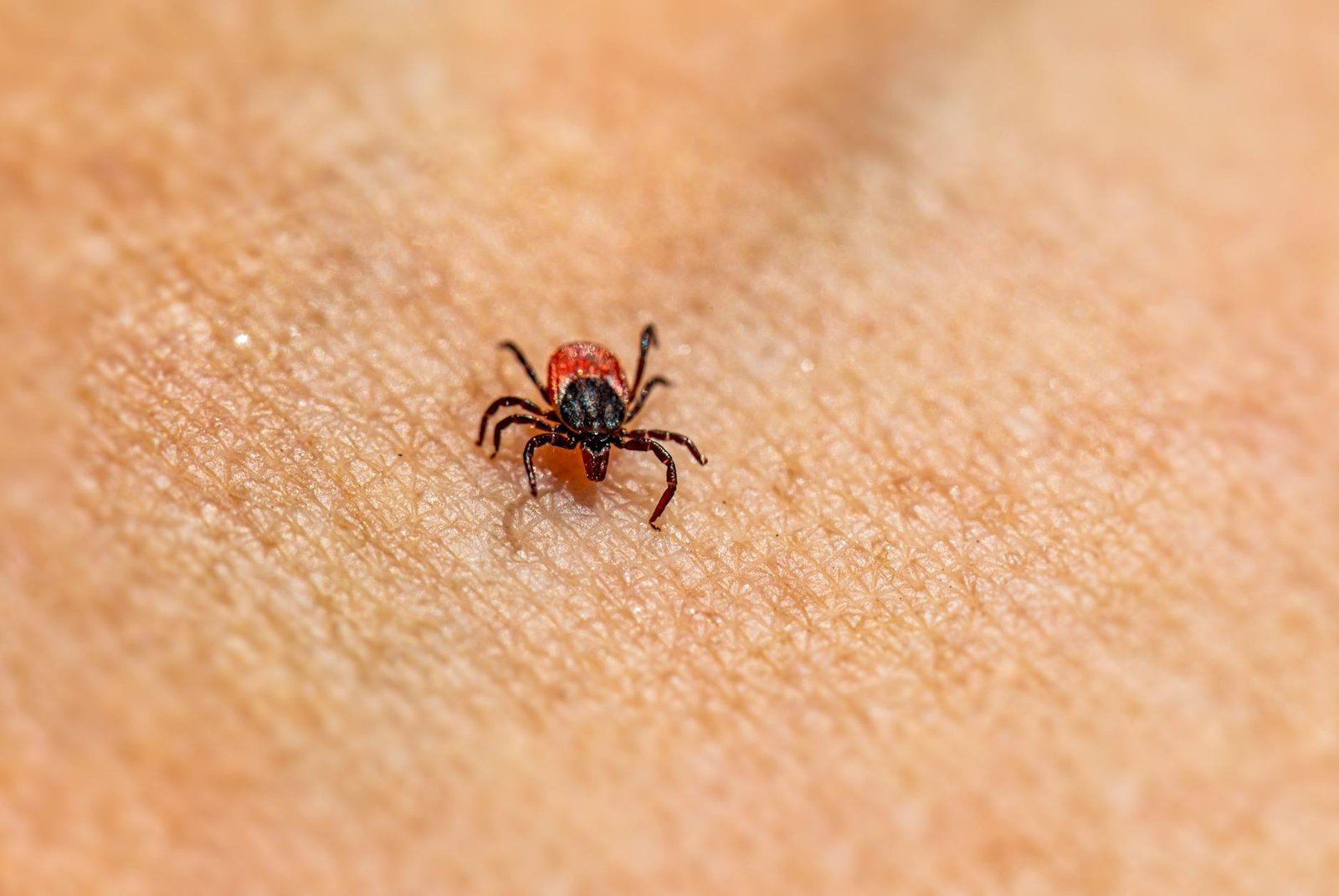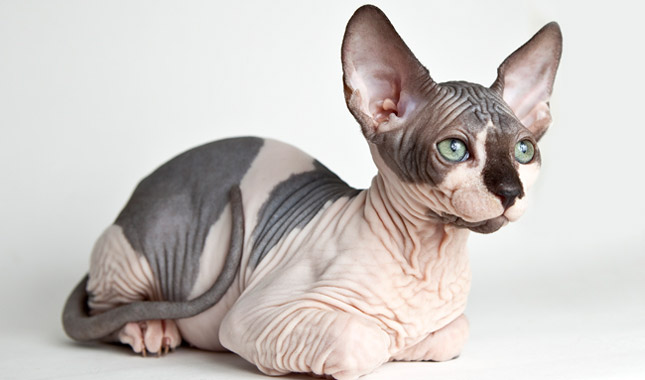While hairless cats, like the Sphynx, may seem less prone to pests due to their lack of fur, they are still susceptible to parasites like fleas, ticks, and intestinal worms. Parasite prevention for hairless cats is essential to maintaining their health and well-being. In this guide, we’ll explore the best ways to prevent, detect, and treat parasites in hairless cats.
Parasite Prevention for Hairless Cats: Protecting Your Sphynx Cat
1. Are Hairless Cats More or Less Prone to Parasites?
Although hairless cats do not have fur to hide parasites like fleas or ticks, they are still just as likely to come into contact with these pests as their furry counterparts. Without fur to shield their skin, parasites like fleas can cause greater discomfort and skin irritation in hairless cats. Additionally, the smooth surface of a Sphynx cat’s skin may make spotting parasites easier, but it also makes them more vulnerable to bites and reactions.
2. Common Parasites Affecting Hairless Cats
Hairless cats are susceptible to the same parasites that affect all cats. Here are some of the most common:
- Fleas: These tiny insects bite and feed on your cat’s blood, causing itching, irritation, and even flea allergy dermatitis.
- Ticks: Ticks latch onto your cat’s skin and can transmit serious diseases like Lyme disease or anaplasmosis.
- Ear Mites: These tiny mites live in your cat’s ear canal and can cause itching, head shaking, and ear infections.
- Intestinal Worms: Roundworms, hookworms, and tapeworms are common internal parasites that can infect hairless cats through contact with contaminated soil, water, or other animals.
For more information on feline parasites, visit Cornell Feline Health Center.
3. Flea Prevention for Hairless Cats
Fleas are a common issue for all cats, and hairless cats are no exception. Even indoor Sphynx cats are at risk, as fleas can be brought into your home on shoes, clothes, or other pets.
Preventive Treatments
- Topical Flea Treatments: These are liquid products that are applied to the back of your cat’s neck. They are effective in killing fleas and preventing infestations. Look for products that are safe for hairless cats and approved by your vet.
- Oral Medications: Flea pills work by killing fleas when they bite your cat. Some flea medications also protect against ticks.
- Flea Collars: While flea collars may work for some cats, they are generally less effective for hairless cats because the lack of fur allows the collar to irritate their skin.
Home Protection
Fleas can hide in carpets, bedding, and furniture. Regularly clean your home by:
- Vacuuming frequently.
- Washing your cat’s bedding in hot water.
- Treating your home with vet-recommended flea sprays or powders.
Learn more about Sphynx Cat Hygiene and Cleaning Tips.
4. Tick Prevention for Hairless Cats
Ticks can transmit serious diseases, and their bites can cause irritation, infection, or allergic reactions in hairless cats.
Prevention Tips
- Tick-Preventive Medications: Many flea preventives also protect against ticks. Oral or topical medications are the most effective tick control methods.
- Tick Checks: After your cat has been outside, check their skin for ticks. Hairless cats are easier to examine due to their lack of fur, so make it a routine after outdoor play.
Removing a Tick
If you find a tick on your Sphynx cat, use a pair of tweezers to gently grasp the tick near the skin and pull it out straight. Make sure to remove the entire tick, as leaving parts behind can cause infection. Clean the area with an antiseptic after removal.
5. Preventing Ear Mites in Hairless Cats
Ear mites are tiny parasites that live in the ear canal and cause itching, head shaking, and ear infections. Hairless cats are especially prone to ear issues due to the lack of fur in their ear canals.
Prevention and Treatment
- Regular Ear Cleaning: Cleaning your Sphynx cat’s ears regularly with a vet-approved ear cleaner can help prevent mite infestations. Use a cotton ball or pad to gently clean the outer ear.
- Vet Treatments: If your cat has ear mites, your vet may prescribe ear drops or a topical treatment to eliminate them. Regular check-ups help prevent severe infestations.
6. Preventing and Treating Intestinal Parasites
Intestinal worms like roundworms, hookworms, and tapeworms can infect hairless cats if they ingest contaminated food, water, or soil.
Prevention
- Routine Deworming: Deworming medications, prescribed by your vet, are an essential part of preventing and treating intestinal worms. Kittens and newly adopted cats should be dewormed regularly.
- Litter Box Hygiene: Keep your cat’s litter box clean, as some worms can spread through contact with feces. Make sure to regularly scoop the box and wash it with warm water.
Signs of Intestinal Parasites
- Diarrhea
- Weight loss
- Vomiting
- Visible worms in stool or around the anus
If you notice any of these symptoms, consult your vet for a fecal exam and appropriate treatment.
Learn about Litter Training and Hygiene Tips for Sphynx Cats.
7. Indoor Cats and Parasite Prevention
Even if your Sphynx cat is primarily indoors, they can still be exposed to parasites through other pets, visitors, or even outdoor play. Regular preventive measures, like flea and tick medications, are important for all cats, regardless of their environment.
Conclusion
Keeping your hairless cat free from parasites is an essential part of maintaining their overall health and well-being. Regular preventive treatments, routine cleaning, and frequent vet visits will help ensure your Sphynx cat remains parasite-free and healthy. By being proactive, you can prevent infestations and keep your cat comfortable and happy.


